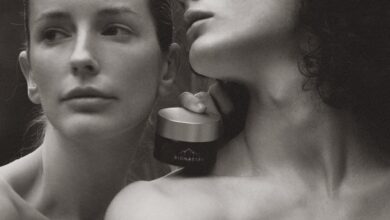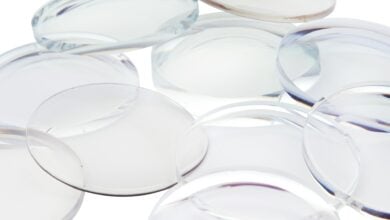The garage floor is sometimes one of the most neglected floors in many homes. But it takes quite a beating compared to the interior floors. Everything from snow treads, mud, and sand all get in.
Garage floor paint vs. epoxy which is appropriate for your garage floor?
Comparison Between Garage Floor Paint and Epoxy Floor Coating
Cost
Cost is the first determinant of choosing between the two. Garage floor paint is relatively cheaper than epoxy, with a price range between $0.57 and $0.99 per square foot excluding labor. An epoxy coat will cost anything between $3 to $10 per square foot. So, if you are operating on a tight budget, garage floor paint should be your first option.
What You Intend to Use the Basement for?
You need to factor in the intentions for the basement. Garage floor paint forms a fair coat that can bear a lot of traffic. An epoxy coat is much dense than a garage paint coat. If you plan to make basement storage for heavy equipment and machinery, you will need something that can stand all that pressure with little or no effect.
Epoxy offers a smooth, tough coat resistant to scratching wear and tear as opposed to garage floor paint which will easily scratch if you drag heavy equipment on it. This is due to close linking during the chemical reaction between the two-part epoxy resin and a hardener.
Durability
Epoxy coatings are more durable for garages than acrylic garage floor paint. An epoxy floor can last anywhere between three to four years without showing any signs of wear and tear. Acrylic paints last for at most two years, and they need to be retouched now and then.
The difference in longevity comes in the way the two emulsions behave after painting. Acrylic garage floor paints form a thin coat on the concrete surface, which later dries out. A rigid coat can chip and tear due to a lack of flexibility.
Epoxy coats, on the other hand, don’t first dry when applied. The coatings cure. The chemical process that was started when the polyamine part and the hardener were mixed continues. The cross-linking and exchange of elements continues until the floor is dry, forming a tough glossy abrasion-resistant covering.
Ease of Application
Acrylic garage floor paints are easier to apply than epoxy coats. Garage floor paint requires you to thoroughly wash the concrete floor and then level it to eliminate the potholes and raised areas.
In contrast, epoxy coating takes a lot of surface preparation. You’ll have to sand or shot blast the floor, vacuum the substrate with a shop vac then lastly, clean the floor using a solvent. Sometimes you will be required to clean with grease-cutting detergents and etch with an acid to create a rough profile.
For garage floor paint, you only apply two to three coats, and you’re done. Epoxies have a longer process. First, there is a primer to help strengthen bonding; then, you apply two base coats, a broadcast layer where you will soar color flakes, and finally, the clear topcoat.
Strength
Epoxy coating is stronger than garage floor paints when it comes to vehicular and machine traffic. Although expensive, epoxy flooring is excellent for commercial and heavy-duty garages. The coat can take on a lot of tire and foot traffic without scratching, cracking, or tearing up.
Epoxy is highly rated for durability, performance, and aesthetics. Unlike the flat garage floor paint colored epoxy coatings can be decorated with colored flakes to create unique and beautiful patterns before the coat dries. Customers are spoilt for choice from deep solid colors, shimmering metallic looks, terrazzo, and colored granites; hence epoxy floor is popular with many high-end vehicle showrooms.
Ease of Maintenance
Both epoxy coatings and garage floor paints offer a smooth surface giving you an easy cleaning time. But the difference becomes evident as they age. Epoxy floors will go for up to 3 years without much damage. Garage floor paint will last one year, then start peeling. You will see pieces of the colored coat on the mop, which is a nuisance. Tearing and peeling forms crevices where dirt and fluids accumulate, further damaging the coat and encouraging mold and mildew growth.
Verdict
The two coatings compare on many qualities and serve the same purpose. It all depends on what you can currently afford, your intentions for the garage, and whether you want something durable.




